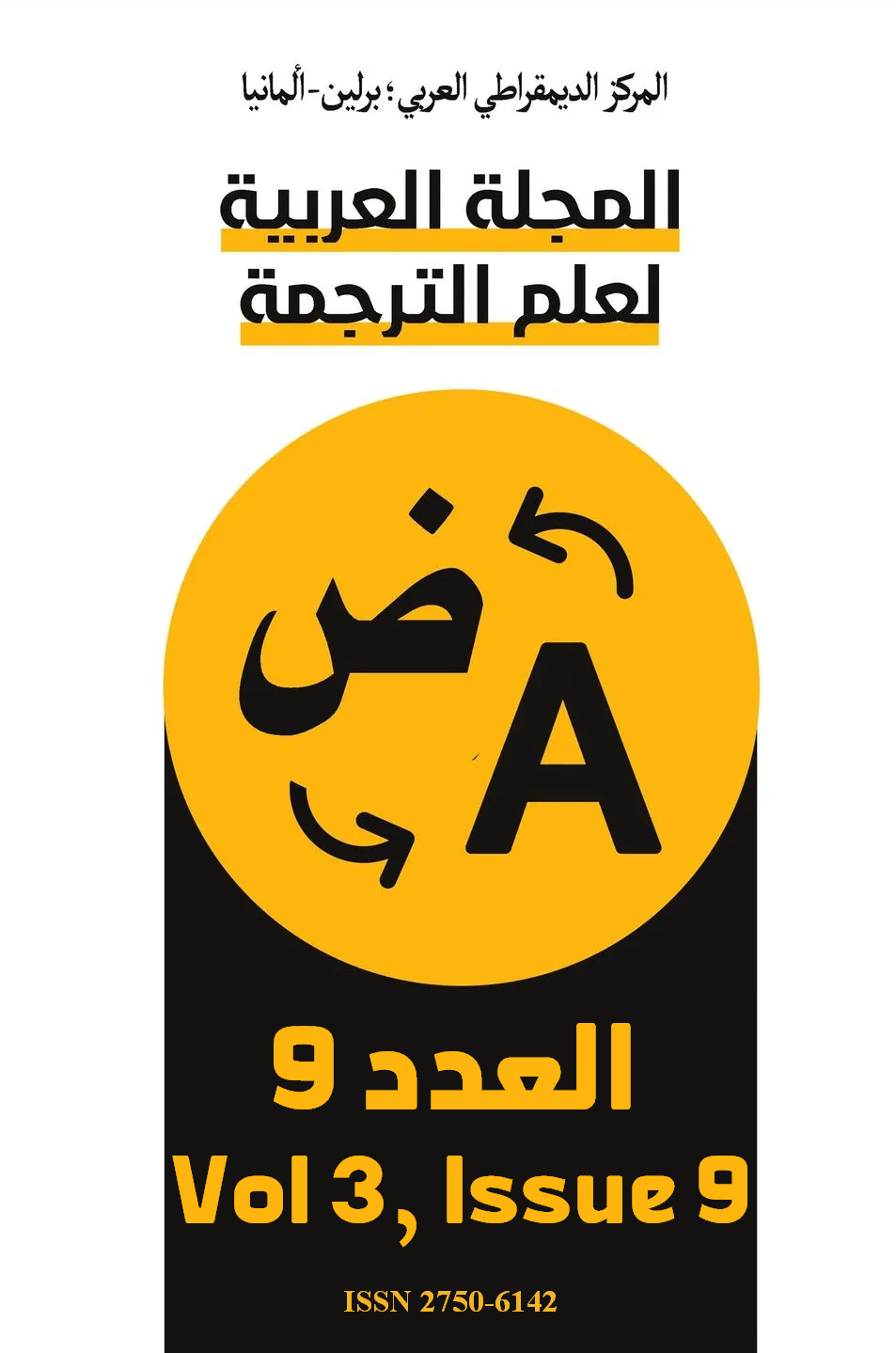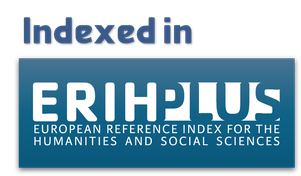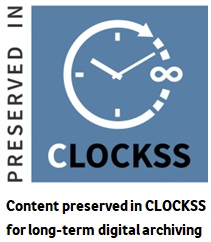IA and Education
DOI:
https://doi.org/10.63939/AJTS.v00w4j39Keywords:
Artificial intelligence, Education, School, Technology, ProfessionsAbstract
This translation aims to disseminate Laurent Alexandre's ideas and analyses on the relationship between artificial intelligence (AI) and education among Arabic readers. AI is expected to eliminate many jobs currently performed by humans, but it also has the potential to create new opportunities for learning and growth. Alexandre argues that the education system needs to be reformed to prepare learners for a world dominated by AI and emphasizes the need for integration between biological intelligence and AI. He believes that AI can be used to personalize learning by tailoring education to the individual needs of each student, using adaptive educational programs that consider everyone's neural, biological, and cognitive characteristics, enabling a personalized and unique learning experience.
Downloads
References
Jacob, A., & McGovern, K. (2015). The Mirage: Confronting the Hard Truth about Our Quest for Teacher Development. New York : TNTP
Ford, M. (2018). Architects of Intelligence: The Truth about AI from the People Building It, Birmingham: Packt Publishing
Negroponte, N. )1995). L’Homme numérique (M. Garène. Trans Fr.). Paris : Robert Laffont
Laurent, A., & Jean-François C. (2019). L’intelligence artificielle va-t-elle aussi tuer la démocratie ? Paris : Lattès
Harari, Y. N. (2017). Homo deus : une brève histoire de l'avenir (P. E. Dauzat, Trans Fr.). Paris : Albin Michel DOI: https://doi.org/10.17104/9783406704024
Downloads
Published
Issue
Section
License

This work is licensed under a Creative Commons Attribution-NonCommercial 4.0 International License.
As an open-access the journal follows the CC BY-NC 4.0 Attribution-NonCommercial 4.0 International which states that:
- you are free to:
- Share— copy and redistribute the material in any medium or format.
- Adapt— remix, transform, and build upon the material.
- Under the following terms:
- Attribution— You must give appropriate credit, provide a link to the license, and indicate if changes were made. You may do so in any reasonable manner, but not in any way that suggests the licensor endorses you or your use.
- NonCommercial — You may not use the material for commercial purposes.
- No additional restrictions — You may not apply legal terms or technological measures that legally restrict others from doing anything the license permits.












